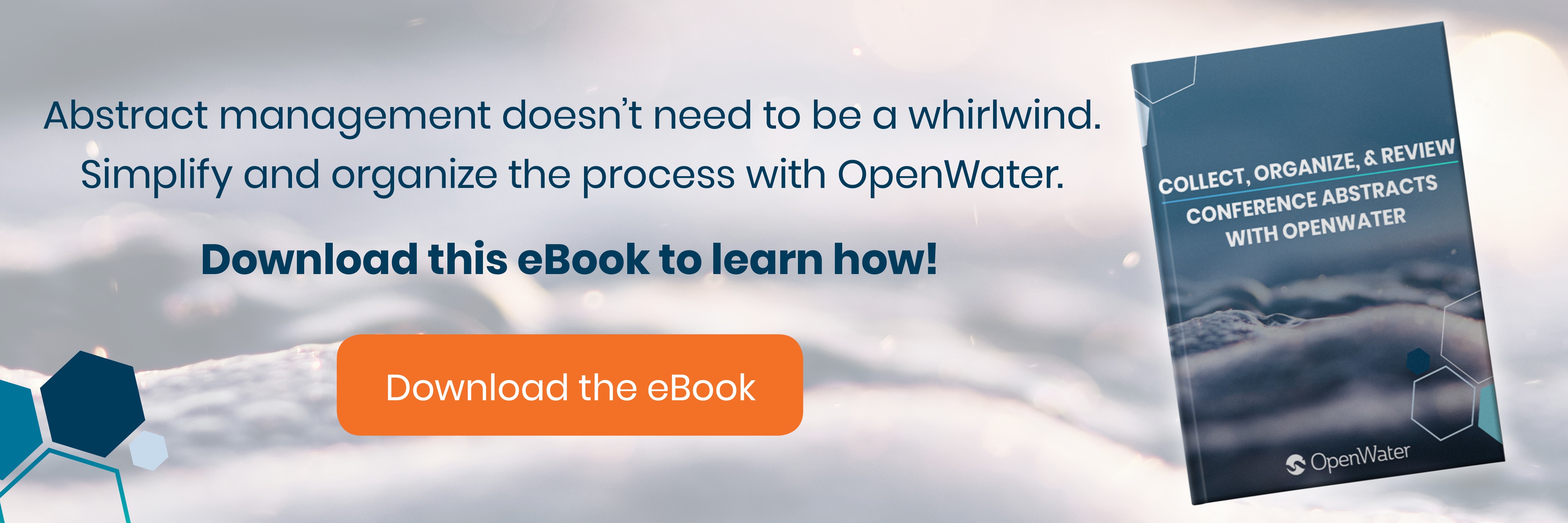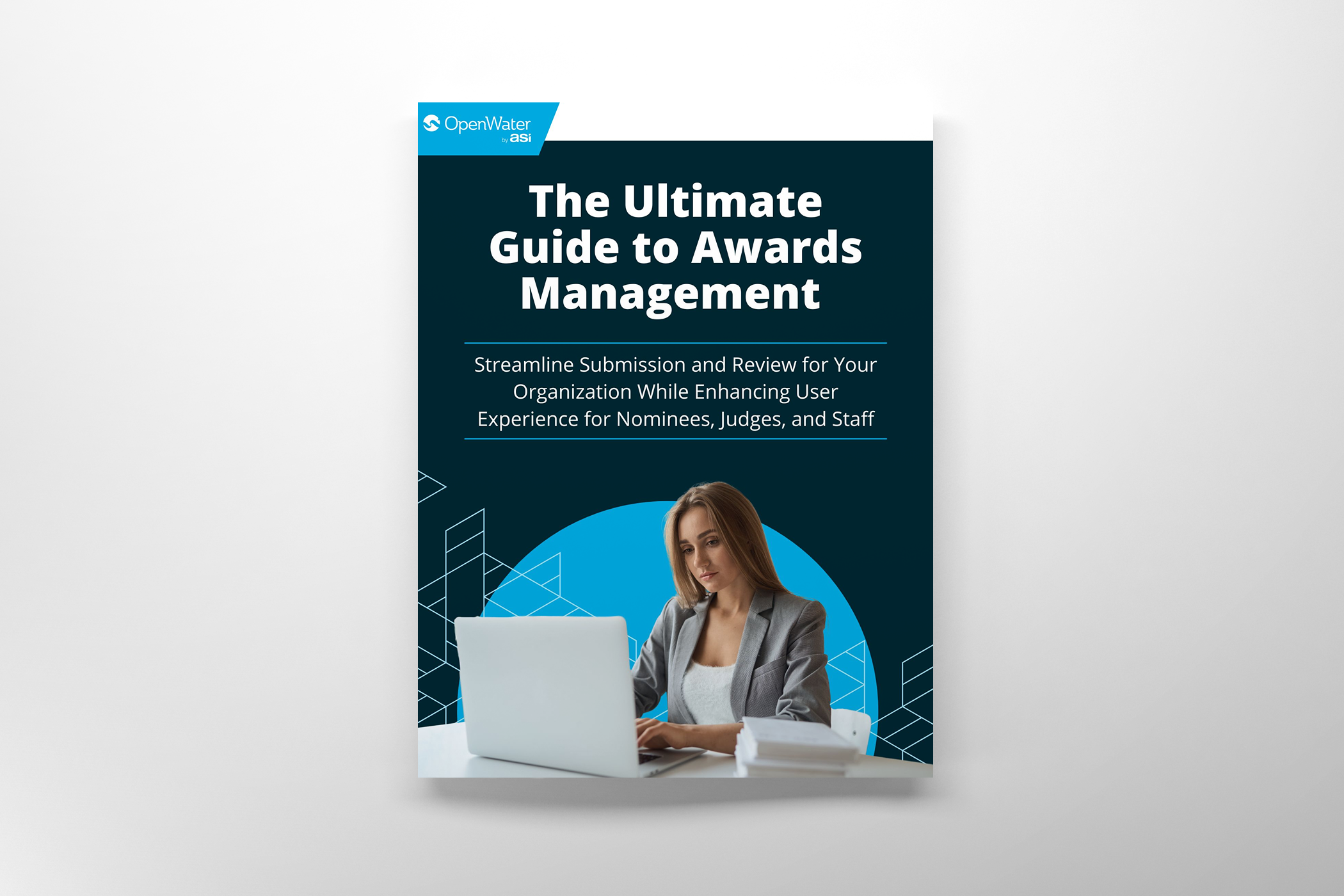
Hit Your Deadlines with These Conference Abstract Review Tips
You can’t move forward with building your conference agenda until the abstract review is completed. If reviewers are down-to-the-wire every year, it adds undue stress to the larger process of conference preparation. Here are a few tips to make sure those deadlines work:
Progress Checkpoints
Reviewers often have a lot of other priorities to juggle that are unrelated to reviewing conference abstracts. By creating incremental due dates and assigning abstracts for review in smaller waves rather than all at once, you can prevent the abstract review process from getting pushed too far down the reviewers’ to-do list.
Buffer Time
If you’re a reviewer, give yourself a deadline well ahead of the scheduled deadline for abstract review. This will help you manage your time more wisely and keep you afloat if something comes up and slows you down.
If you’re organizing the abstract review process, try using a final deadline for your reviewers that’s separate from the drop-dead date you’ll need the approved abstracts to move forward with scheduling. Expect that some of your reviewers will run into unintentional delays. A built-in buffer of a few days (or a week) before you actually need access to the reviewed abstracts can be a lifesaver for both you and your reviewers.
Multiple Steps of Abstract Review
At first glance, it may seem like the review process would move quicker if you did it all in one go. However, a robust evaluation process will involve investing additional time into abstracts that are ultimately not what you’re looking for.
A multi-round review process with unique criteria for each round (with increasing levels of scrutiny) can weed out unwanted abstracts before you invest time into giving them a closer look. The first round might have a simple 1-5 scoring system in a few areas, while a second or third round is the one that allows more finite scoring, reviewer comments, and requests for revisions. Some abstract management platforms will even allow you to set up an unlimited number of abstract review rounds.
You could even build eligibility rules into your online submission form so that it rejects abstracts with improper formats, missing information, or ineligible speakers before they’re even submitted. Or, use auto-scoring software for the first round of review so that only abstracts that exceed a basic threshold of preset standards move on to human reviewers.
Reinforcements
Desperate times call for desperate measures. If your abstract review process is dragging and you’re afraid it will miss the deadline, it may be time to call in the cavalry.
It’s critical to have enough reviewers on your team to complete the task on time. However, sometimes the number you think will suffice at first ends up not being enough. Pull in additional reviewers, and you may be able to get things back on track before it’s too late.
Automated Messages to Reviewers
An abstract management system with built-in email messaging helps you keep everyone on the same page. We designed OpenWater to give you the ability to exchange messages with reviewers individually, send out alerts to the whole group, or communicate with custom segments (only the reviewers who are falling behind, for example).
Ultimately, reviewers will more easily stay on track with the aid of regular reminders and deadline alerts. OpenWater’s APIs can even pull in contact lists from your CRM, AMS, or custom SQL database so that you don’t have to set them up all over again.
Whatever way you choose to approach your abstract review process, an all-in-one abstract management system gives you the tools you need to keep everything streamlined, organized, and on schedule.

